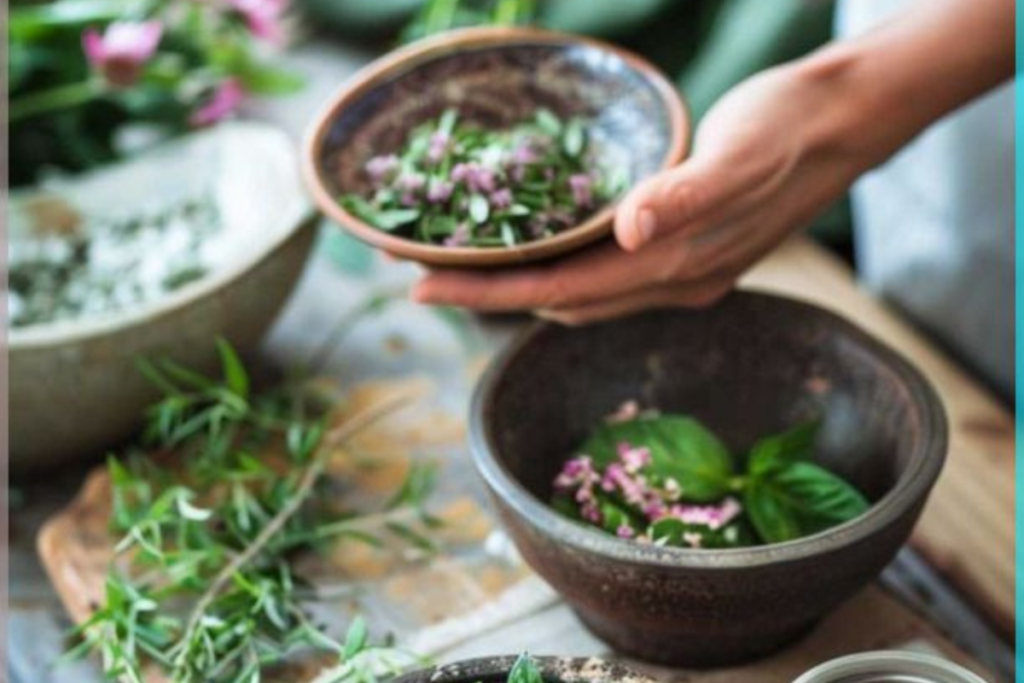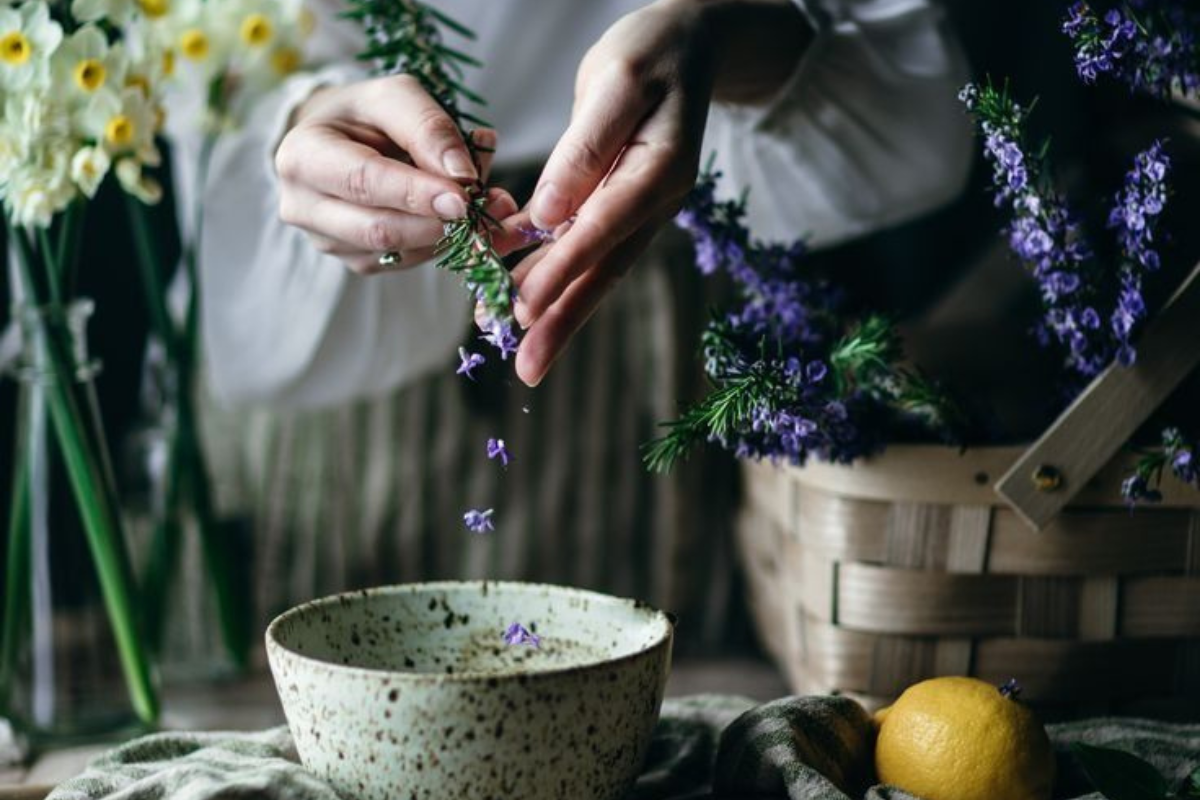Starting a medicinal herb garden can greatly enhance your family’s health while adding beauty to your outdoor space. This guide will help you plan and cultivate a garden that caters to wellness needs throughout the year.
1. Identify Health Needs Start by evaluating your family’s health needs. Common ailments like headaches, colds, and digestive issues can be addressed with the right herbs. For example, yarrow can help with wound healing, while herbs like lavender and chamomile are known for their calming properties.
2. Aesthetic and Practical Design Consider both the visual and practical aspects of your herb garden. Include a mix of colors and shapes to make the space vibrant. Herbs like echinacea, sage, and bergamot provide medicinal value and add beauty with their flowers.
3. Plan for Growth Make sure you give your plants enough space to grow and thrive. Overcrowding can limit their potential. Consider their size at full maturity to avoid chaos in your garden.

4. Seed Preparation Some herbs, such as lavender, require cold stratification for proper germination. Organize your seeds well, and plan for a sustainable garden by saving seeds for the next planting season.
5. Companion Planting and Pest Control Plan your garden with companion planting in mind to attract pollinators and deter pests. Use natural methods, like planting herbs that repel insects or installing physical barriers like fences to protect your plants.
6. Starting the Garden While planting from seeds is the most cost-effective method, buying starter plants or crowns from a nursery can give you a head start. Just be mindful of where you source them to avoid introducing invasive species into your garden.
7. Selecting the Right Herbs Choose herbs that are well-suited to your climate and address your specific health needs. Some useful herbs include:
- Chamomile: Calms nerves, aids digestion, and promotes sleep.
- Echinacea: Boosts immunity and fights off colds.
- Mint: Eases digestive issues and alleviates respiratory discomfort.
- Sage: Helps with sore throats and hot flashes.
- Elderberry: Known for its immune-boosting properties.
8. Safety Considerations Research each herb for any contraindications, especially if you take medication. Some herbs can interact with prescriptions or be unsuitable during pregnancy. Always consult with a healthcare professional before using medicinal herbs.
9. Recommended Herbs Here are a few herbs that could be particularly beneficial for your garden:
- Calendula: Excellent for skin care and wound healing.
- Feverfew: Effective for headaches and fever reduction.
- Borage: Helps with congestion and coughing.
- Lemon Balm: Known for its relaxing effects, perfect for stress relief.
